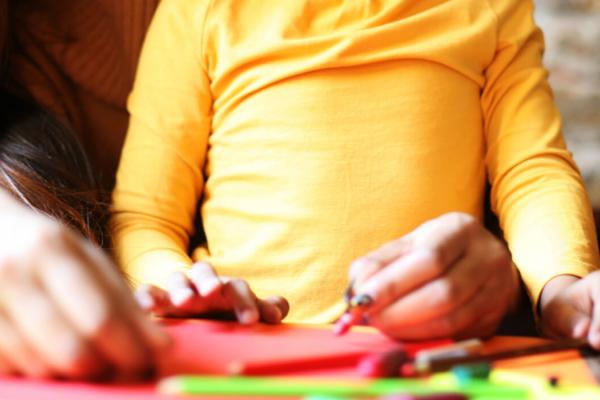Aug 9, 2017
My son wanted a simple answer, and I could not give him one. It is similar to our overall climate today — we want simple answers to our questions, but that’s not always possible, is it? Humanity is not always simple. But it is necessary that we see the reality we face for and with our children. The things we teach them today, the way we talk about the world, the church, the political climate — it affects them and shapes their futures.
Read the Full Article

Already a subscriber? Login
